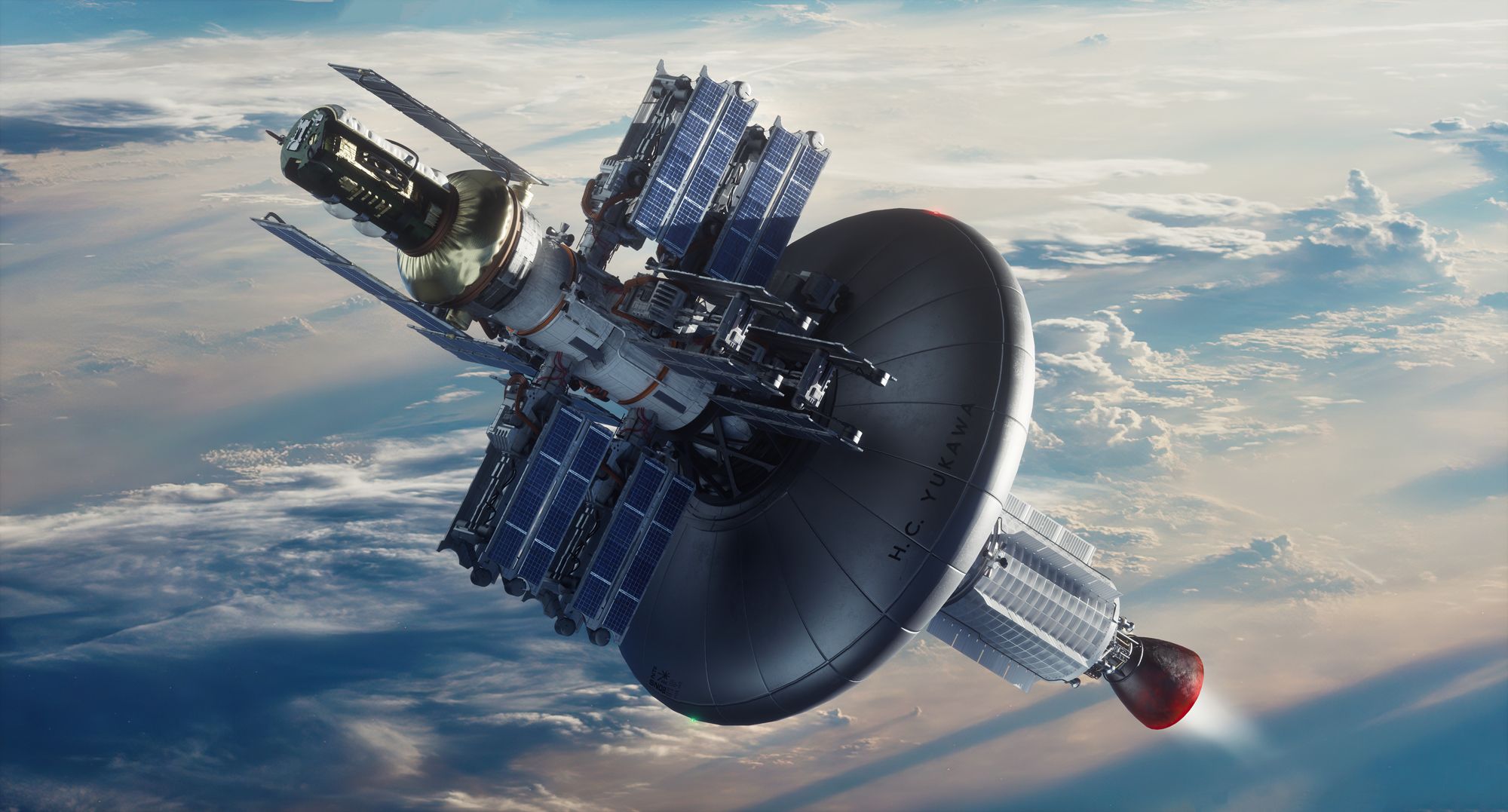
Nuclear science and technology have been instrumental in enabling human exploration and understanding of the cosmos.
Here are some of its key applications:
Power Generation
- Radioisotope Thermo-electric Generators (RTGs): These devices convert the heat produced by the decay of radioactive isotopes into electricity. They are particularly useful for missions to the outer solar system where solar power is insufficient.
- Nuclear Reactors: While still in development, nuclear reactors promise to provide significantly more power for long-duration missions and potential human habitats on other celestial bodies.
Propulsion
- Nuclear Thermal Propulsion (NTP): By heating a propellant with a nuclear reactor, NTP can provide much higher specific impulse than chemical rockets, enabling faster and more efficient space travel.
- Nuclear Electric Propulsion (NEP): This involves using a nuclear reactor to generate electricity, which is then used to accelerate propellant particles through an electric field. NEP offers high specific impulse and thrust, making it suitable for long-duration missions.
Scientific Instrumentation
- Radioisotope-based Instruments: Radioactive isotopes are used in various instruments for measuring and analyzing the composition of celestial bodies, atmospheres, and cosmic rays.
- Nuclear Spectroscopy: This technique is used to study the elemental composition of planets, moons, and asteroids.